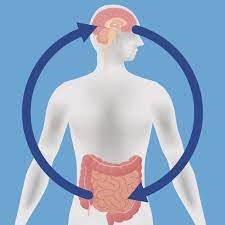Controversy surrounds S’Korean striker Hwang Ui-jo as suspension casts shadow over Asian Cup preparation
By Sabiu Abdullahi South Korean striker Hwang Ui-jo, currently playing for Norwich City, has been suspended from the national team just seven weeks before the much-anticipated Asian Cup. The suspension…


